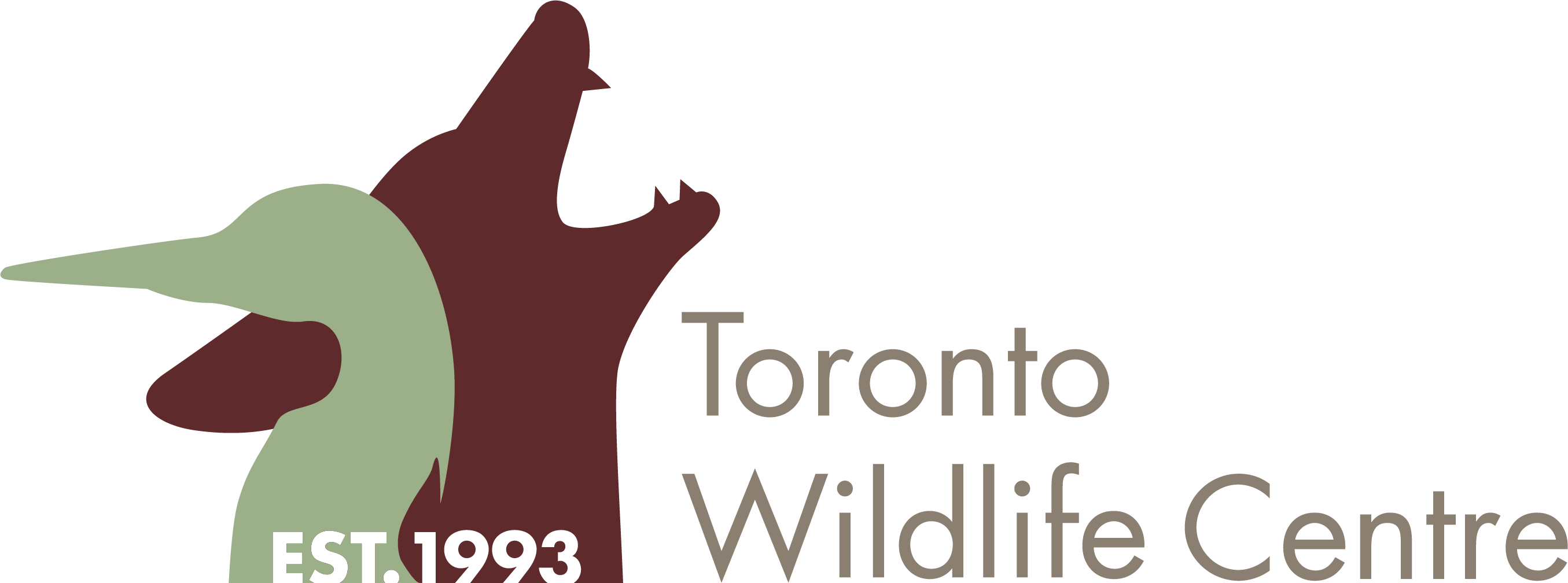If the baby bird you’ve found doesn’t match any of the ones on our species selection page, you should contact a wildlife rehabilitator for advice. They can help you figure out what kind of baby it is, whether it needs help, and how best to help it.
In the meantime, keep the baby bird in a cardboard box with a soft towel or t-shirt. Even on a warm day babies can get cold, so give it a heat source:
- a clean sock filled with dry, uncooked rice, and microwaved for one minute
- a plastic bottle from the recycling bin filled with hot tap water
- an electric heating pad set to “LOW” and placed under half of the box.
Put the box in a dark, quiet spot. Don’t give it any food or water.

